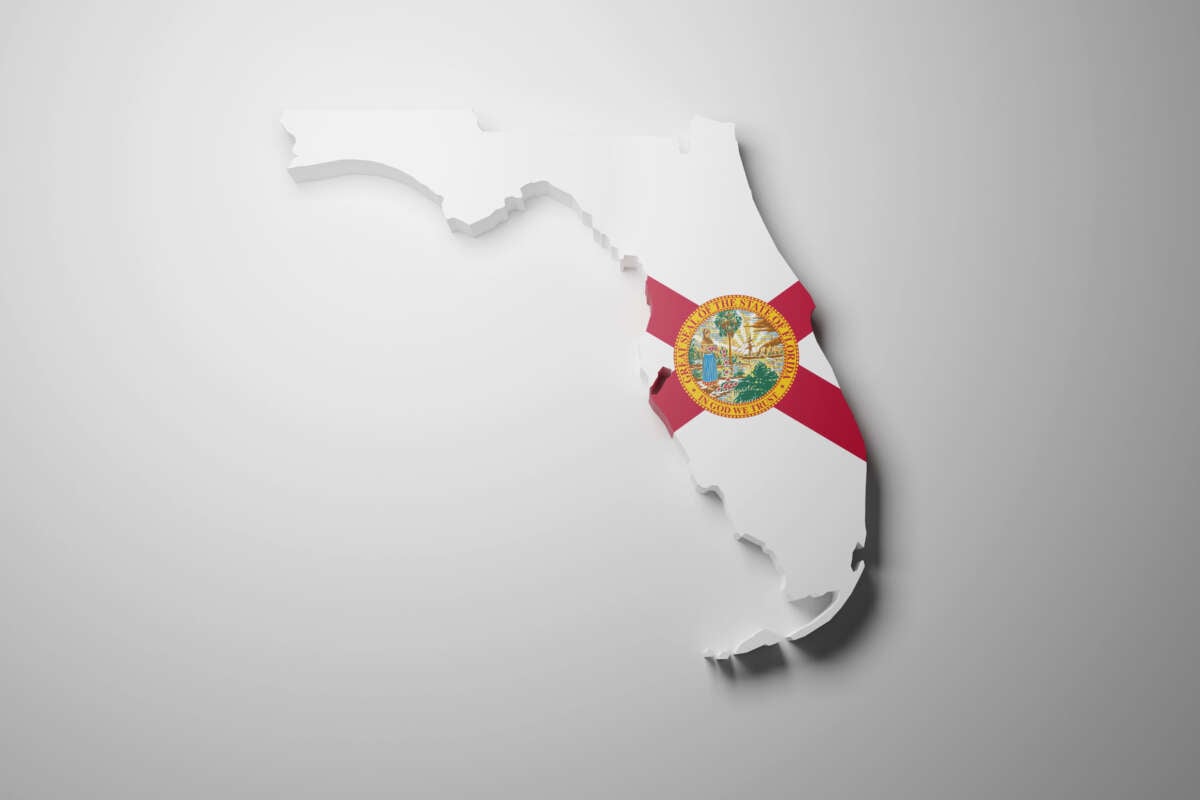Truthout is an indispensable resource for activists, movement leaders and workers everywhere. Please make this work possible with a quick donation.
Just over one week after diversity, equity and inclusion (DEI) programs and positions were eliminated at the University of Florida (UF), the NAACP is calling for student athletes of color who are considering their college and university options to avoid the state entirely, if they’re able to do so.
UF’s decision stems from Republican Gov. Ron DeSantis signing into law last year legislation that forbids state funds to go toward DEI programs, which are designed to recognize and promote diversity and equitable outcomes in educational and workplace environments.
Despite positive outcomes of DEI programs in both public and private spheres, the Florida law resulted in UF earlier this month deciding to close its Office of the Chief Diversity Officer and eliminate 13 full-time DEI-related positions. Another 15 administrative positions were also ended, and contracts with DEI-focused goals from outside vendors were also negated. The University of North Florida and Florida International University have also eliminated DEI positions and programs.
DeSantis celebrated the outcome at UF in a social media posting he made on March 1, deriding DEI as “toxic” in his message.
This week, the NAACP responded to UF’s actions by telling student athletes, including those preparing to enter college or those already attending, to reconsider Florida as an option for them.
In a letter technically addressed to NCAA President Charlie Baker, the NAACP directed its call to action toward student athletes of color.
“To all current and prospective college student-athletes — the NAACP urges you to reconsider any potential decision to attend and compete at a predominantly white institution in the state of Florida,” the letter said.
Insisting that the action is “not about politics,” the letter stated that their discouraging students from attending said schools was “about the protection of our community, the progression of culture, and most of all, it’s about your education, and your future.”
The letter also recognizes that some students can’t afford to make such decisions. For those who can, however, the NAACP encouraged Black and Brown students to take a stand against DeSantis’s policies by refusing to go along with them through playing sports at his state’s schools.
As The Root pointed out in its reporting on the letter, the action that the NAACP is calling for would have a tremendous impact on the revenues for the university and the state itself.
“From 2021 to 2022, the school’s sports teams made more than $177 million, according to the U.S. Department of Education,” The Root’s Noah A. McGee wrote. “Of the more than 500 student-athletes at UF, 133 of them are Black, according to student-athlete data from the school.”
If all of those athletes suddenly left, “it would be a huge blow to [UF’s] pockets and would make a huge statement on how they feel about the elimination of its DEI program,” McGee added.
Elaborating on the letter’s contents, NAACP President and CEO Derrick Johnson further explained that. “Florida’s rampant anti-Black policies are a direct threat to the advancement of our young people and their ability to compete in a global economy.”
“The value Black and other college athletes bring to large universities is unmatched,” Johnson added. “If these institutions are unable to completely invest in those athletes, it’s time they take their talents elsewhere.”
Civil rights lawyer Ben Crump expressed support for the call to action, writing in a post on X (formerly known as Twitter) that “it’s sad that Black athletes will even have to face such a decision when mapping out their future.”
“Our children deserve better!” Crump added.
NFL Hall-of-Famer Emmitt Smith, who grew up in the state and played for three years for the Florida Gators at UF, has also condemned UF’s decision to end its DEI program. In a post he made on social media earlier this month, Smith wrote:
We need diverse thinking and backgrounds to enhance our University and the DEI department is necessary to accomplish those goals.
“UF has conformed to the political pressures of today’s time,” Smith explained, adding in his missive that student-athletes at the university should “be aware and vocal about this decision by the University.”
“And to those who think it’s not your problem and stay on the side lines and say nothing, you are complicit in supporting systemic issues,” Smith added.
Holding Trump accountable for his illegal war on Iran
The devastating American and Israeli attacks have killed hundreds of Iranians, and the death toll continues to rise.
As independent media, what we do next matters a lot. It’s up to us to report the truth, demand accountability, and reckon with the consequences of U.S. militarism at this cataclysmic historical moment.
Trump may be an authoritarian, but he is not entirely invulnerable, nor are the elected officials who have given him pass after pass. We cannot let him believe for a second longer that he can get away with something this wildly illegal or recklessly dangerous without accountability.
We ask for your support as we carry out our media resistance to unchecked militarism. Please make a tax-deductible one-time or monthly donation to Truthout.
